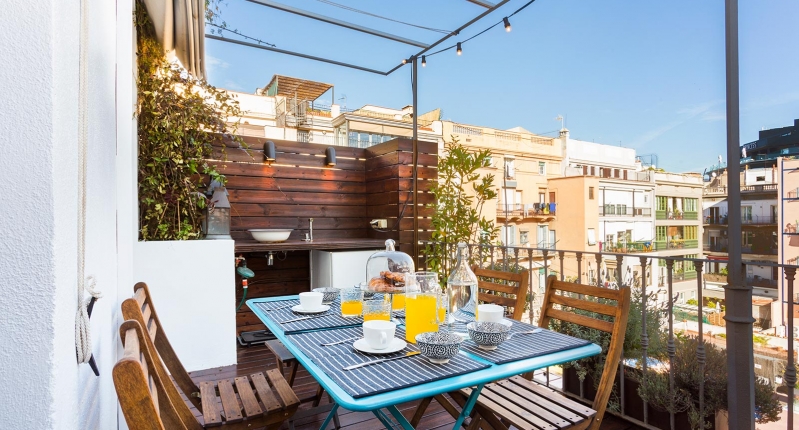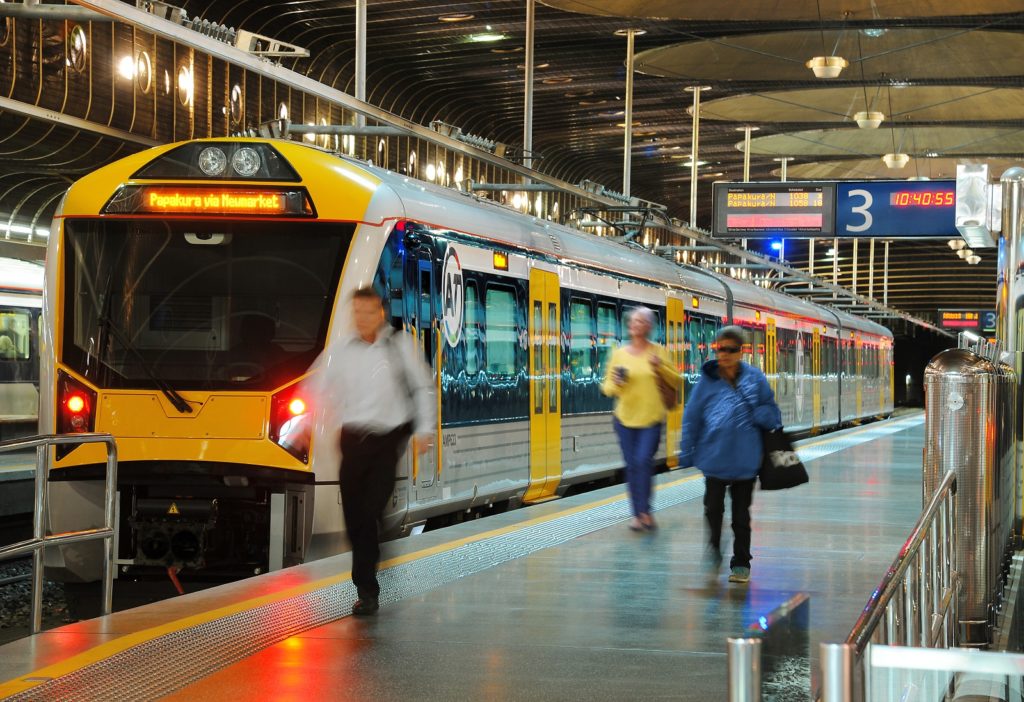
A career in Barcelona: Spain’s metropolis captivates many students during their semester abroad. Living, studying, and getting started in this city is a challenge.
Living in Barcelona
Barcelona is a popular destination for squeakers because of its unique mix of lifestyle and career. Insiders will tell you how to find an apartment and a job there, but also how to get tickets for a Barca game, and what bars are hip.
International universities and businesses are a good excuse to live in one of Europe’s most exciting cities for a while. Barcelona, with its various universities and business schools, offers many opportunities for students to spend a semester abroad. And if you are worried about the language, don’t be, according to Expanish, many Spanish courses in Barcelona and international companies have branches in the city.

Numerous conventions and fairs attract young professionals from various industries. The city itself has a lot to offer with fantastic nightlife, tapas, Gaudí, its location by the sea, and the Mediterranean climate.
Looking for an apartment in Barcelona – How to get in your own four walls
In Barcelona, rents are relatively high compared to other parts of Europe like Germany. Therefore, shared apartments are widely used and easy to find. The housing market is very fast-paced, so it is possible to find suitable accommodation within 1-2 weeks.
While you may already be able to check the internet before you arrive in Spain and possibly arrange your first viewing appointments, often rooms are taken in a few days, making it unlikely that you will be able to search long in advance. The easiest way to find offers on Internet portals, some of which are chargeable, but greatly facilitate the search.

Since hotels are not cheap, you might want to stay in one of the many hostels for the time you are looking for a place to live.
It is definitely important to visit the apartment to see how many people actually live there and how big or in what condition the rooms are. Never conclude a lease, if you have only seen pictures of the apartment or not yet have the key in your hand.
Districts in Barcelona
Barcelona is divided into several districts called “Barris”. Here you will find the top 5 neighborhoods, which are quite popular with students and young professionals. Depending on where you are going to work or study, you should try to live there too, as it can take up to an hour to cross the city, especially in rush hour, by metro or bus.

The most central districts are Eixample, Gracia, Barri Gotic and El Raval.
The amount of rent depends on the district. But you should count on at least 380-450 euros for a shared room or 800-1,200 euros for a two-room apartment. It is also customary to pay a deposit of 1-2 months’ rent when moving in. Make sure that a clear regulation regarding the additional costs is made. Best these are already included in the rent, so it can not come later problems with the settlement.
Public transport in Barcelona
The metro network is excellently developed so that you can reach almost all corners of Barcelona the fastest way by subway. On average, there is a train every 2.5 minutes, from morning 5 to weekday, until midnight, at weekends.
All public transport is connected so that you can use your ticket for both bus, metro and trains. The trains stop partly at the same stations as the metro and the two train stations. The bus stops are also plentiful, but the bus often drives right through the city or gets stuck in the rush hour before it reaches its destination, so it’s not the fastest means of transportation.

Of course, you can buy single tickets for each trip, but a 10-seat ticket is a much cheaper alternative. You get that at all ticket vending machines under the designation “T-10” for currently scarcely 8 euro.
The metro is, as the whole city, very clean and really pleasant to use. Nevertheless, as in all places in Barcelona, where many people are: “Watch out for pickpockets!”, so it is best not to take large bags, keep the wallet in the back pocket and never leave pockets or jackets out of sight.
Taxis are much cheaper than in other parts of Europe. For 7-10 euros, you can be practically anywhere in the city. There are surcharges for the airport, train stations, and luggage as well as at night and weekends. A taxi from the airport to the city costs around 20-25 euros, but it is pretty much the fastest way. You recognize free taxis in their green light and can easily get them at each intersection. Tipping is not expected.














